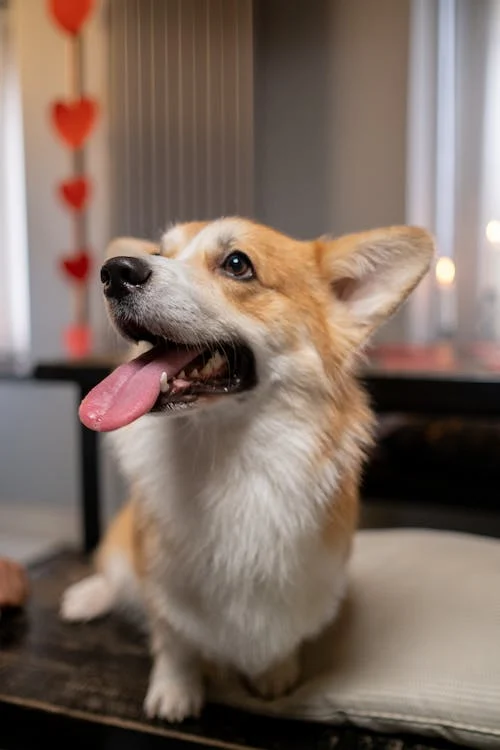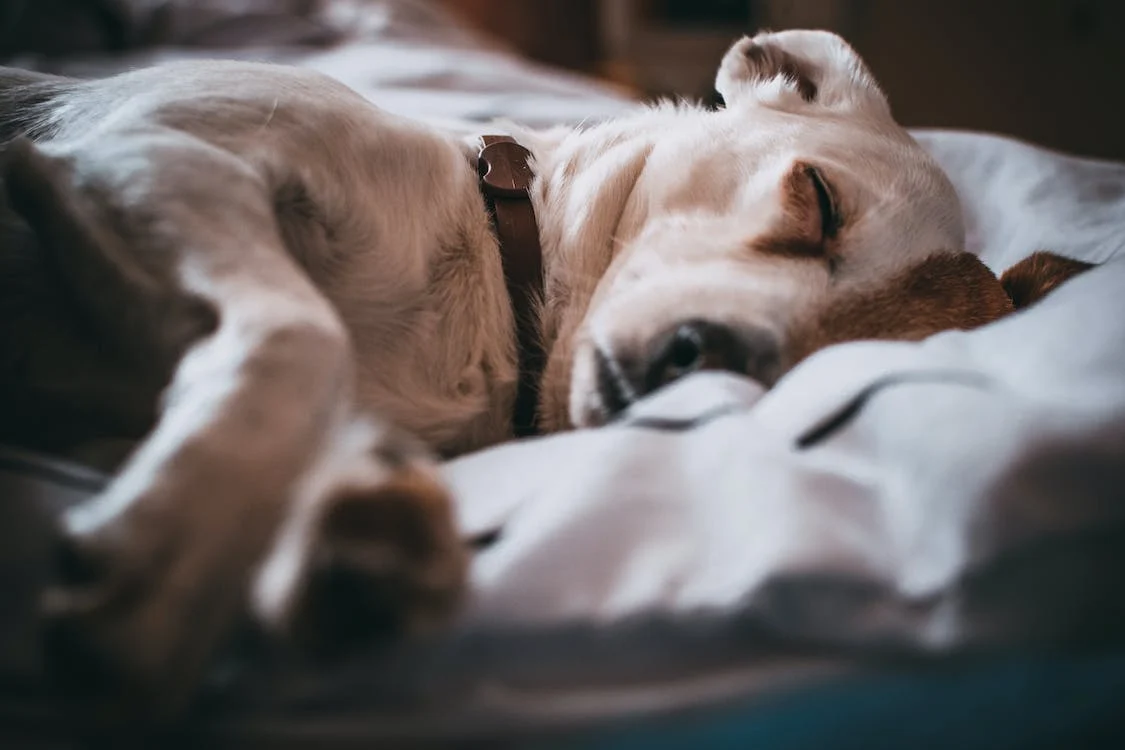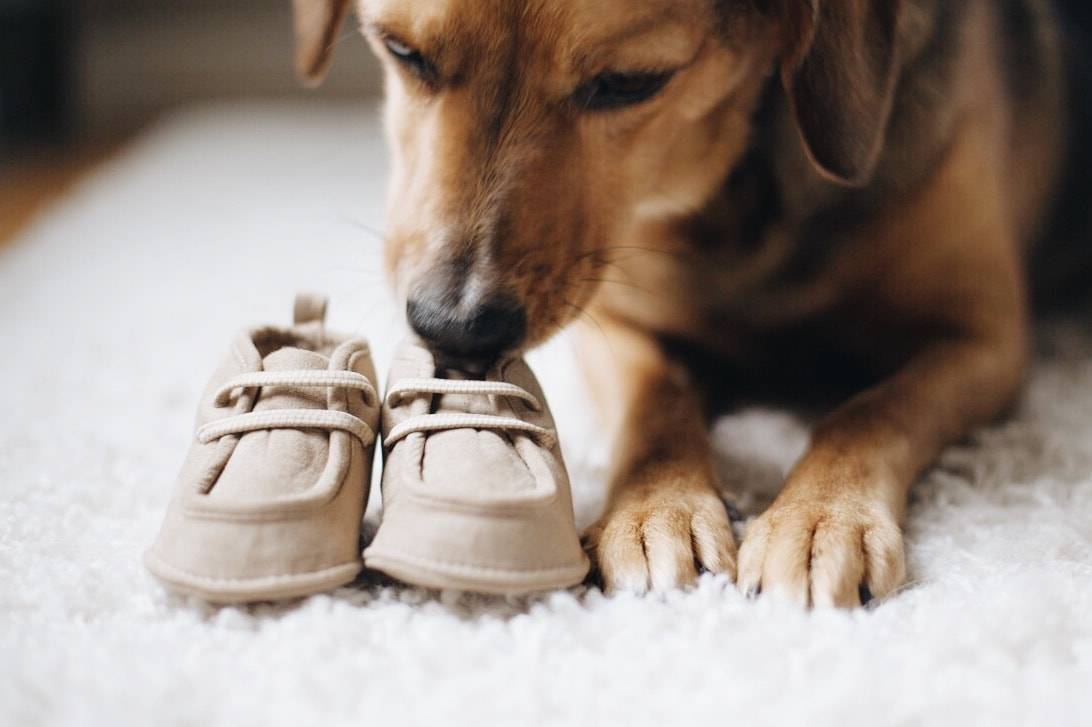It’s a hot summer day and your dog is panting like crazy after playing fetch. This is perfectly normal. But dog panting at rest or other odd times can signal a concerning underlying issue.
While panting helps cool dogs down, excessive or out-of-context panting may indicate anxiety, pain, Cushing’s disease, or other medical problems requiring prompt veterinary attention.
In this article, we’ll cover normal vs abnormal panting, warning signs of trouble, and when to seek help for your dog’s heavy breathing. Let’s dive in and determine when to worry.
Common Causes of Excessive Dog Panting
Panting uses rapid inhales and exhales to evaporatively cool a dog’s body temperature. Heavy breathing when hot, stressed or exerted is normal. But panting for no clear reason may have a variety of causes:
- Respiratory disease – Conditions like pneumonia, fluid accumulation, collapsing trachea, lung cancer, or allergies can impede breathing.
- Cardiac disease – Enlarged heart, congestive heart failure, blood pressure issues, or fluid in lungs strains breathing.
- Anemia – Low red blood cell counts reduce oxygen carrying capacity.
- Fever – Panting helps lower elevated body temperature from infection, inflammation, or immune issues.
- Pain – Discomfort from trauma, arthritis, dental disease or other conditions prompts heavy panting.
- Obesity – Excess body fat makes cooling harder leading to more panting.
- Heat stroke – Rapid panting occurs trying to lower dangerously high body temperature.
- Stress/anxiety – Fear, noise phobias, separation anxiety, or unfamiliar environments can induce panting.
- Cushing’s disease – Excess cortisol overheats the body causing excessive panting.
Pay close attention to context for clues on the trigger. Then discuss abnormalities with your veterinarian promptly.
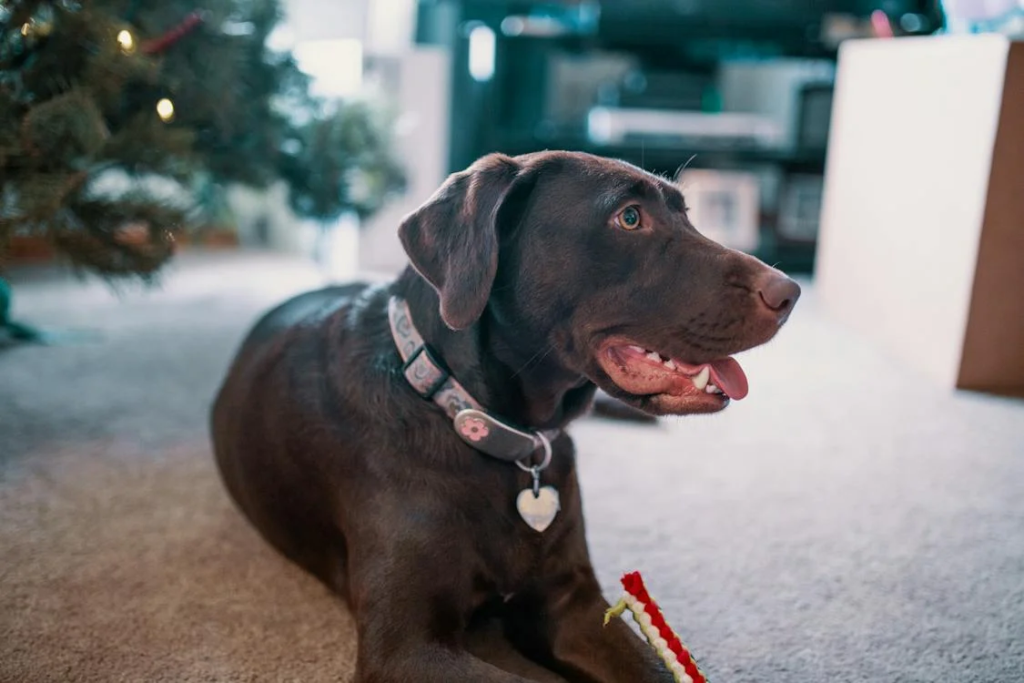
Is My Dog’s Panting Normal?
To assess if your dog’s panting seems appropriate, consider:
Cause – Does the environment explain it, like high temperatures or vigorous play? If not, underlying medical or emotional issues may be driving it.
Duration – Brief after-exercise panting is normal. But extended heavy panting at odd times usually indicates an issue.
Severity – Rapid breathing with an open mouth and panicked appearance signals urgency requiring prompt veterinary evaluation.
Noise – Noisy panting, gagging, or coughing could mean respiratory distress versus normal cooling breathing.
Recovery – Healthy dogs catch their breath within 10-20 minutes of play. Prolonged heavy panting is problematic.
Be aware of your own dog’s panting rhythms. Any deviation from their normal baseline warrants a wellness check. Don’t ignore changes.
Warning Signs to Have Panting Evaluated
Seek same-day veterinary assessment for panting if any of the following accompany it:
- Coughing or gagging
- Audible wheezing
- Nostril flaring
- Blue-tinged gums or tongue
- Extreme lethargy or weakness
- Drooling or foaming at the mouth
- Collapse or loss of consciousness
- Weight loss
- Loss of appetite
- Vomiting or diarrhea
- Restlessness and pacing
Rapid breathing combined with any of these red flag symptoms indicates an urgent medical situation requiring prompt intervention. Catching problems early maximizes positive outcomes.
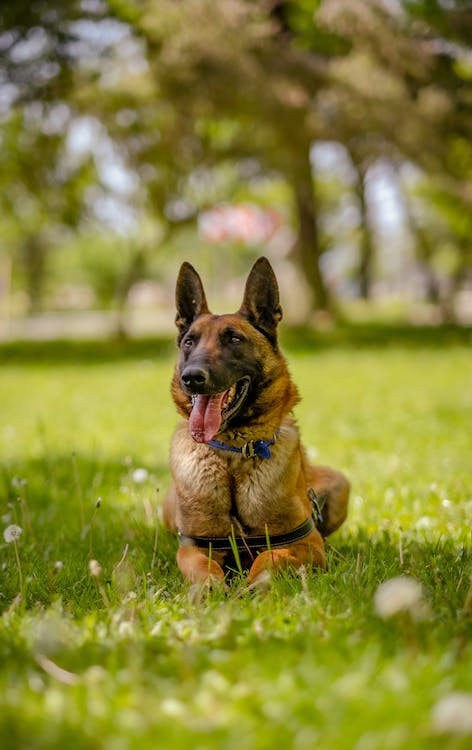
Tips to Calm a Panting Dog at Home
While waiting for your vet appointment, try to soothe nervous panting at home using these tips:
- Keep the environment cool but not cold.
- Gently massage your dog to provide comfort.
- Play calming music to mask environmental sounds causing stress.
- Try an over-the-counter calming chew or pheromone diffuser.
- Offer access to hiding spots or covered crates where they feel secure.
- Use a leash for close contact if they try to pace uncontrollably.
- Remain calm yourself, as your energy impacts your dog.
- Avoid reinforcing the panting behavior with excessive reassurance.
Relieving underlying medical issues is critical for true resolution. But these measures can provide some temporary relief.
Questions About Abnormal Dog Panting
Here are quick answers to common concerns about unusual dog panting:
Why does my dog pant all evening after exercise?
Prolonged post-exercise panting exceeding 30 minutes warrants a veterinary visit to check for underlying conditions like heart disease.
Is panting during sleep normal?
Some dogs pant during dreams, but unusual nighttime panting may signal cognitive issues, pain, or breathing trouble. Record episodes to show your vet.
Why does my dog pant in the car?
Motion sickness, travel anxiety, or overheating without airflow can cause car panting. Try calming aids, climate control, and very gradual exposure to improve tolerance.
Can stress cause random panting?
Yes, dogs may compulsively pant when chronically anxious or after traumatic incidents. Consult a veterinary behaviorist for solutions.
Should I give my panting dog water?
Discuss with your vet, as excess water may harm dogs with heart conditions. Avoid extremes and stick to normal drinking habits.
Any abnormal panting that occurs suddenly, frequently, or without explanation warrants medical evaluation. Stay observant for changes in your dog’s typical breathing patterns. Communicate concerns promptly to your veterinarian and work to identify the underlying cause. With attention and care, most dogs can return to normal relaxed breathing habits.
